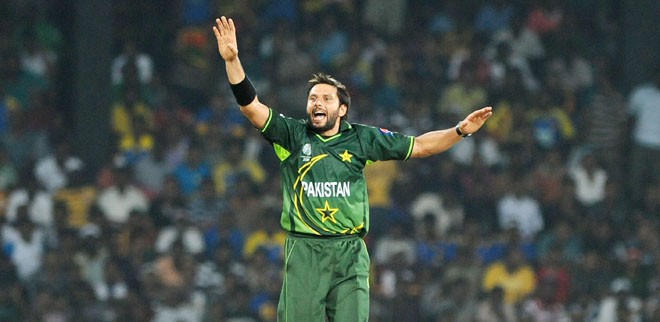

These days, Narayanaswami Srinivasan, president of the Board of Control for Cricket in India (BCCI), is busy meeting chiefs of the cricket boards of England and Australia to establish their dominance over the world of cricket. He seems unreceptive to how pathetic his team’s performance against New Zealand has been in the ongoing series.
A draft proposal presented at the International Cricket Council’s board meeting in Dubai on January 28-29, calls for an overhaul of international cricket -- a move that may have profound implications on the game of cricket.
The ICC’s financial and commercial affairs group advocates conjuring up a new executive committee with powers to oversee issues pertaining to "all constitutional, personnel, integrity, ethics, development and nomination matters, as well as matters regarding [financial] distribution from the ICC". Three members of the committee will be representatives from India, England and Australia, while the fourth member will be nominated by the ICC’s executive board. The position of the ICC chairman will also be rotated among the three countries. All the important events will be held in these countries and all will be contingent on their approval -- who will play against whom and when. Most of the test cricket will be played between these three.
Also, the Future Tours Programme will be scrapped for a new bilateral system which will see England, Australia and India play each other more often.
The document also sets out a new method for organising the world cricket schedule, which forms the basis of each nation’s lucrative television rights deals.
Ironically, the ICC’s financial and commercial affairs committee’s proposal has snubbed South Africa, despite it being at the top of world test rankings.
The BCCI seems to be dominating the Big Three, and the affairs of international cricket, in a bellicose manner -- because, it is the richest cricket board, earning around 80 per cent of the game’s revenue.
However, on January 29, better sense prevailed and the ICC did some toning down of the proposals in the 21-page position paper. Still, things do not bode well for international cricket. Such neo-imperialist practices are making their way into the sport.
Tarika Khattar, writer for Wisden India and cricket enthusiast, laments that Indians have been zealous critics of anything reeking of imperialism but, in this particular case, their cricket board officials are its biggest proponents.
So far, South Africa, Pakistan, Sri Lanka and Bangladesh have voiced opposition to such an arrangement, while West Indies, New Zealand and Zimbabwe have succumbed to the lucrative offers made to them by the Big Three.
A similar carrot, in the form of test series, was offered to Pakistan. But the Pakistan Cricket Board (PCB) so far has been very vocal in its opposition to the position paper.
Some influential personalities in Bangladesh too have expressed criticism. They justifiably feel that Bangladesh will be affected the most if the proposed setup takes effect. The fact of the matter is that its test status is in serious jeopardy. But the Indian board will try its best to bring Bangladesh to her side by making enticing promises. The president of the Bangladesh Cricket Board has already issued a statement in favour of the proposed setup.
There is a lurking fear that the position paper, with minor amendments, will be eventually adopted. If the bigwigs in Pakistan do not wake up and do whatever it takes to ward off such machinations, Pakistan, sooner or later, will be rendered a pariah, no matter how good our players are.
I earnestly think the situation requires high profile figures like Imran Khan, Zaheer Abbas, Javed Miandad and Waseem Akram to come into the open and voice their concerns. The reputation and high profile of Imran Khan in the world of cricket may come in handy for the future of Pakistan cricket. He is one of the greatest all-rounders the world has seen. I am sure when he speaks; the likes of Narayanaswami Srinivasen and Giles Clarke will listen.
Making noise is imperative for the future of Pakistani cricket. The PCB needs to actively persuade other cricket playing nations to come together for the good of test cricket.
One is appalled by the reticence of Sunil Gavaskar and Ravi Shastri. A bit of searching on the internet and it all became crystal clear. Both are on the pay role of BCCI and each gets 3.6 crore Indian rupees annually. Thus, their columns and comments do not represent their independent opinion but that of the BCCI.
In fact, Indian cricket has been reduced to a money-making exercise. Money is used with impunity to hide mediocrity of the Indian cricket which becomes all the more glaring when it goes overseas to play.
As Tarika Khattar says, the BCCI is held hostage by the clique of businessmen with vested interests who care for money and not for cricket.
One could argue that not revenue generation but the calibre of the cricket team ought to be the criteria to ascertain any cricketing nation’s status. To evaluate the merit of any team, consideration must be given to its performance abroad.
It will be interesting to know how many matches the Indian cricket team has won away from India recently!